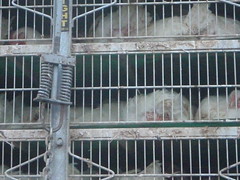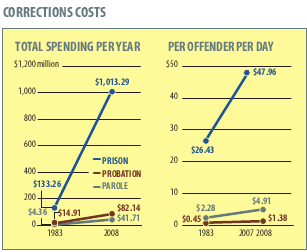
Monday morning the County Commission considers and Tuesday evening
it decides three rezonings and an appointment, plus a
Prison Detail Contract.
The appointment is to the Mental Health, Developmental Disabilities, and Addictive Diseases Regional Planning Board,
and was previously considered
a month ago.
According to DBHDD:
The Region Four Planning Board represents 24 counties in the region. Members are appointed by their county commissioners; they are business and civic leaders with a strong interest in mental health, developmental disabilities and addictive diseases as well as consumers or family members of consumers.
The role of the Regional Planning Board is to give a voice to consumers and their families and other citizens in the region in assessing needs and recommending priorities for DBHDD services. The planning board makes recommendations about services and works with the regional office to develop an annual plan. Regional planning board members stay informed about local needs and issues and serve as advocates with public officials. The main objective of the board is to identify community needs and gaps in the current DBHDD service system and to make recommendations based on their findings.
The
Georgia Department of Corrections says about Valdosta State Prison work details:
The Annex protects the public by maintaining custody of medium and minimum
security offenders while providing outside work details to the community.
…
VSP and Annex Inside details: Orderlies, Grounds Maintenance, Laundry,
Trash, and Maintenance. The Annex provides the following outside details:
Correctional Industries, Department of Transportation, Georgia State
Patrol, City of Valdosta (3 details), Lowndes County (2 details), Cook
County, Valdosta State Prison (2 details), Department of Transportation
(Weigh Station), Valdosta Police Department, Mobile Construction and
Maintenance (Outside Institution).
I don’t quite understand how prisoners are being paid pennies for
doing jobs that a lot of local unemployed people might want.
Here’s
the agenda:
Continue reading →
Georgia operates the fifth-largest prison system in the nation, at a cost of $1 billion a year. The job of overseeing 60,000 inmates and 150,000 felons on probation consumes 1 of every 17 state dollars.




 the like. We know that they work. We know the recidivism rate, if they go
through those approaches rather than directly into the prison system. We
have less recidivism. We break the addictions, and we’ve got to work
very closely on that.”
the like. We know that they work. We know the recidivism rate, if they go
through those approaches rather than directly into the prison system. We
have less recidivism. We break the addictions, and we’ve got to work
very closely on that.”






